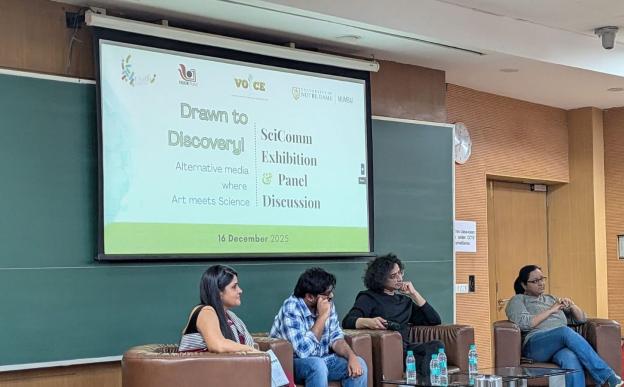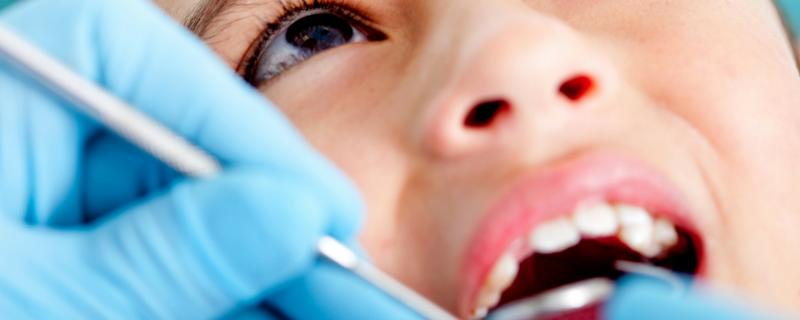Microbes live with us and among us. They occupy portions of our body and help us perform many daily bodily functions. Scientists call these microbes that live in our body the Human microbiome. In their latest research, scientists from the Centre for DNA Fingerprinting and Diagnostics and Max Planck Institute for Evolutionary Anthropology, Germany, study the salivary microbiome in Indians.
The Indian Institute of Science Education and Research (IISER) Pune on Tuesday launched the VOICE Fellowship 2025
Pune/

